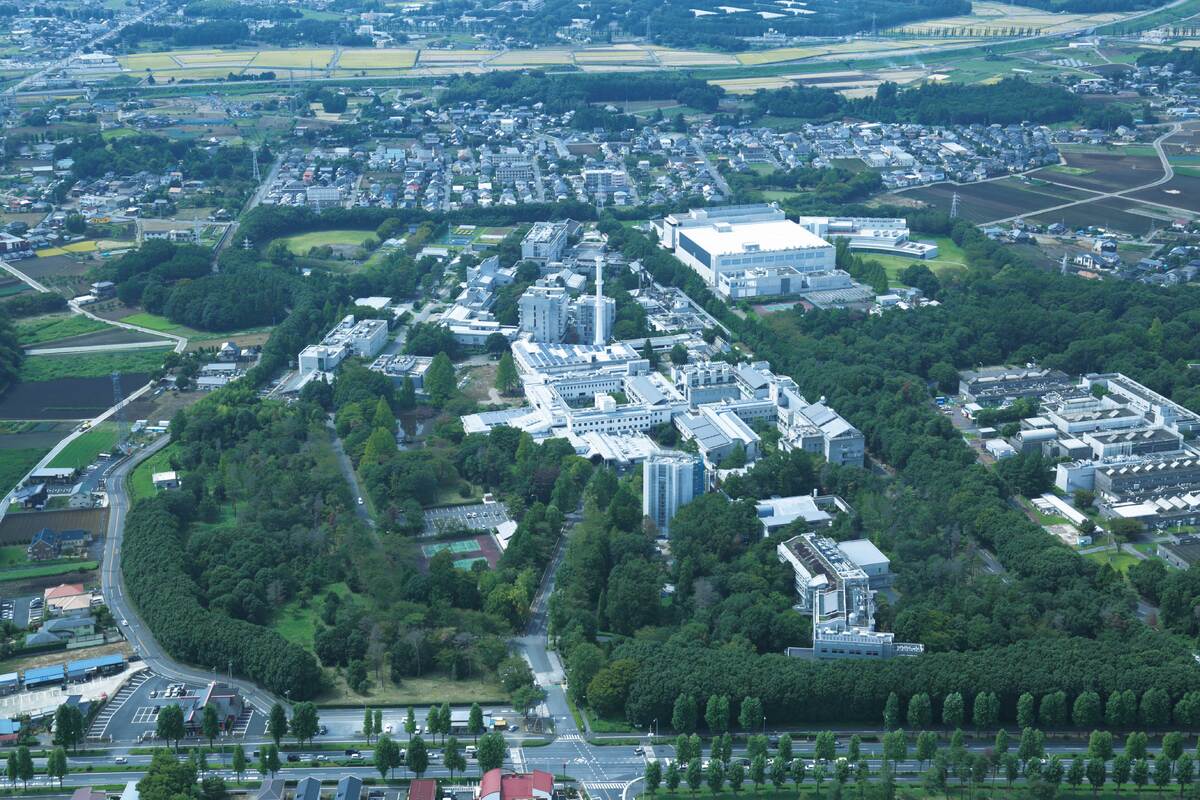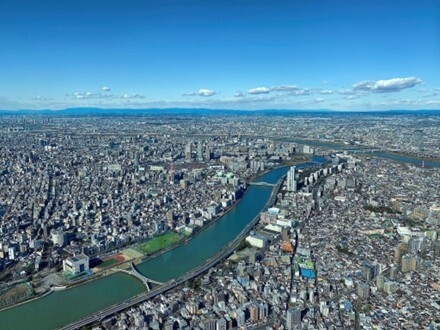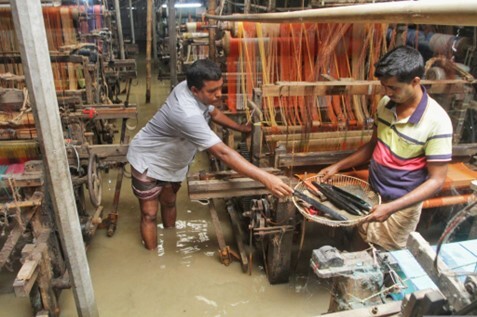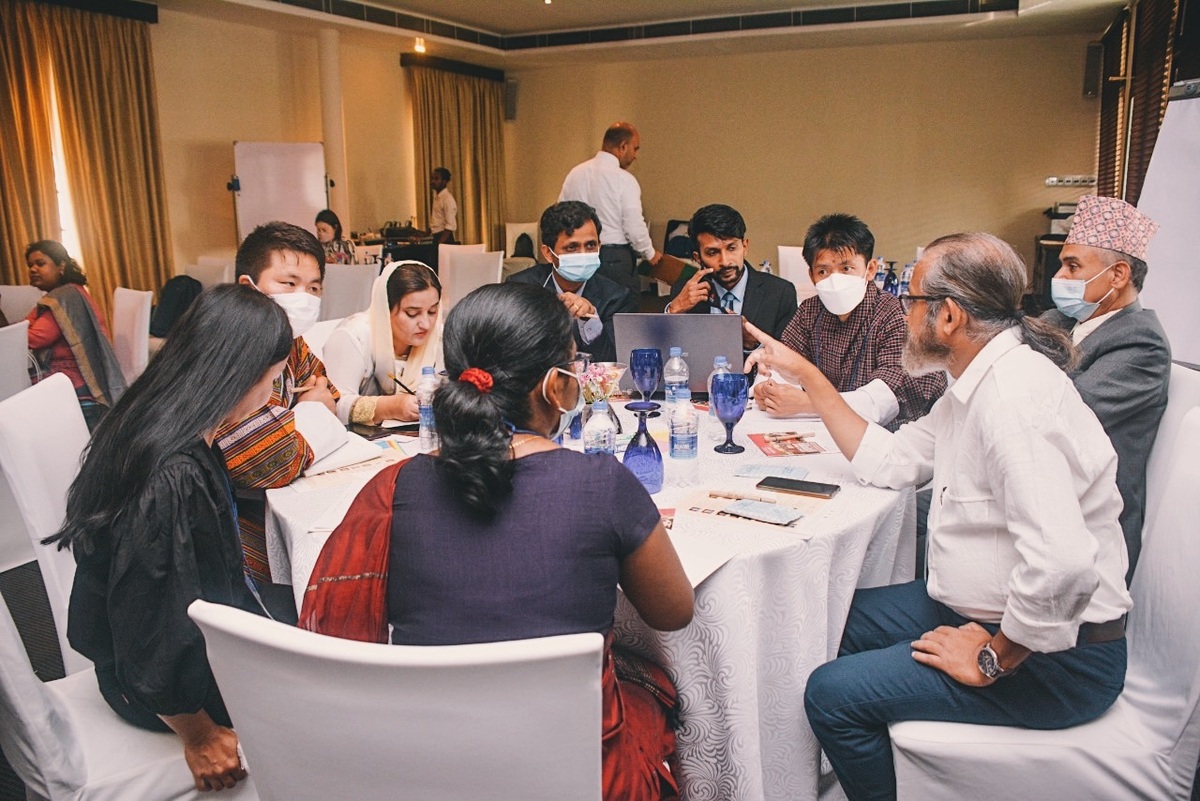
by APN
BASIC INFORMATION
Overview
The Asia-Pacific Network for Global Change Research (APN) is an intergovernmental network of 22 member countries that fosters regional collaboration in understanding global environmental change through research and capacity building. Our focus spans air, land, coasts, oceans, biodiversity, climate, food, water, energy, human dimensions, risk reduction, and resilience. Strategic goals include supporting cooperation, enhancing capabilities, strengthening interactions, fostering collaboration, and ensuring sustainability. We aim to provide sound scientific information for policy-making processes and to enhance communication and collaboration with like-minded organisations and stakeholders on common interest issues.
Headquaters: Kobe, Japan
Established: 1996
Mission
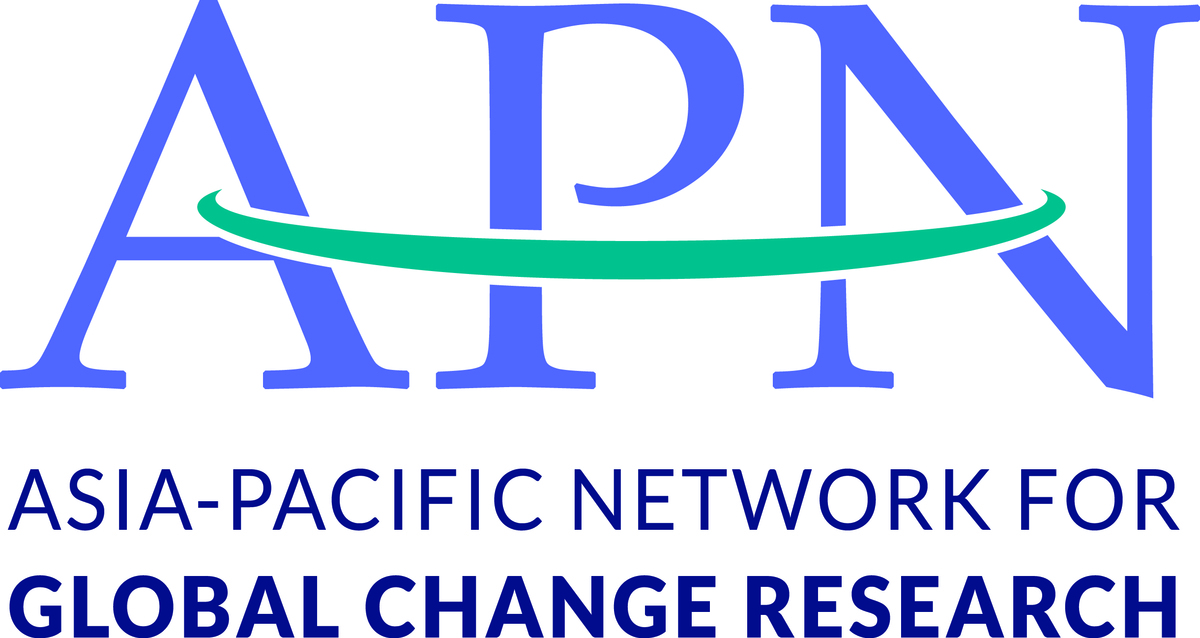
APN supports a cohesive community of global change researchers, policymakers and civil society in the Asia-Pacific region. The network promotes scientific investigations of Earth's life support systems and their implications for sustainable development. Through collaborative transdisciplinary research support, science-policy linkages and scientific capacity building, APN contributes to effective science-based responses for global change and sustainability.
Summary of Key Activities
Activity 1: Global Change Research: Supporting regional and international cooperation in regional-based research on global change and sustainability issues particularly relevant to the Asia-Pacific region.
Activity 2: Scientific Capacity Development: Enhancing capabilities to participate in research on global change and sustainability and to support science-based decision-making.
Activity 3: Strengthening Science-Policy Interactions: Strengthening interactions between scientists, policymakers, practitioners and members of other societal groups, and providing sound scientific information for policymaking processes.
Activity 4: Networking and Stakeholder Engagement
Activity 1
APN focuses on supporting regional and international cooperation in research on global change and sustainability issues relevant to the Asia-Pacific region. This involves exploring new research initiatives aligned with high-priority topics, such as collaborating with the World Climate Research Programme (WCRP) for climate downscaling experiments and promoting climate change adaptation through platforms like AP-PLAT. Additionally, APN contributes to achieving a carbon-neutral society, integrates climate change and disaster risk reduction efforts, and addresses marine plastic debris issues through strategic partnerships. Advancing work in Circular and Ecological Economy (CEE), synthesizing project findings, and enhancing contributions to international discussions (UNFCCC, IPCC, IPBES) are integral. Moreover, APN supports research on global change and sustainability, aiming to produce scientific knowledge aligned with international agendas like the Paris Agreement and Sustainable Development Goals. APN’s Flagship Peer-Reviewed and Elsevier Scopus-Indexed Science Bulletin provides a multitude of relevant research articles in the region for further reading.
Case for Activity 1
APN's research initiatives are crucial in addressing critical global change and sustainability issues in the Asia-Pacific region, including climate change and adaptation with more than 280 regional projects focussing on adaptation. By exploring new research, APN ensures a comprehensive approach to sustainable development. Efforts to address emerging challenges such as marine plastic debris and advance circular and ecological economies underscore APN's commitment to fostering resilient societies. Through synthesising project findings and contributing to global platforms, APN plays a vital role in achieving regional and international sustainability goals. Notably, APN’s recent contributions resulted in more than 100 publications from APN projects in the IPCC Sixth Assessment Report
Activity 2
APN is committed to offering and supporting capacity development activities for scientists, including early-career professionals and members of other societal groups at different levels. Developing the capacity of these individuals is critical to formulating policies grounded in scientific evidence. These activities include CAPaBLE, APN’s Scientific Capacity Development Programme, which aims to enhance the capacity of scientists, policymakers and practitioners to assess global change issues, and explore options to resolve issues toward achieving sustainability. APN also develops tailored research activities and training, such as the Proposal Development Training Workshops (PDTWs) to meet the specific needs of the early-career professionals.
Activity 3
APN supports the conduct of science-policy forums, scoping workshops and information exchange events where scientists, policymakers and other stakeholders convene to identify key areas of policy concerns, discuss pressing global change issues, and properly frame policy questions. These events allow direct interaction between scientists and policymakers where they can exchange insights and collaborate on exploring and developing science-informed and politically feasible solutions that advance global sustainable development.APN supports the conduct of science-policy forums, scoping workshops and information exchange events where scientists, policymakers and other stakeholders convene to identify key areas of policy concerns, discuss pressing global change issues, and properly frame policy questions. These events allow direct interaction between scientists and policymakers where they can exchange insights and collaborate on exploring and developing science-informed and politically feasible solutions that advance global sustainable development.
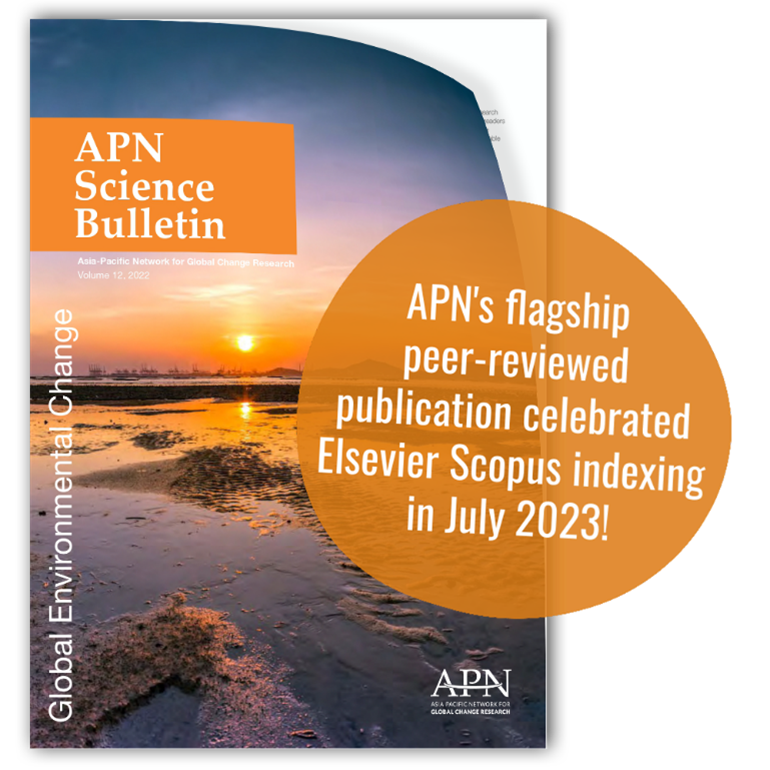
APN Science Bulletin
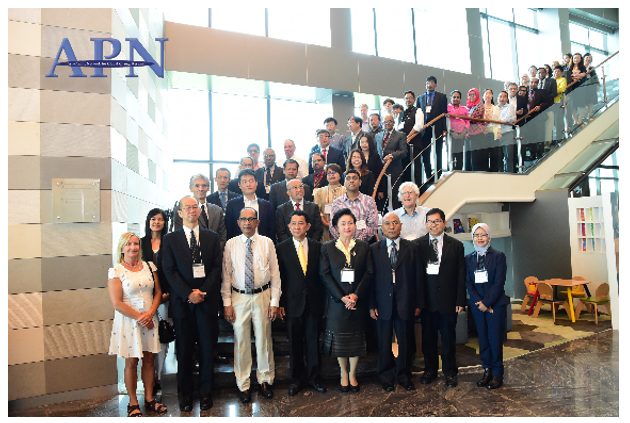
2018 Joint Intergovernmental Meeting
Location
Related Information
KEYWORDS
- # Organization/Network
- # Local Communities
- # Adaptation Action/implementation
- # Adaptation Planning/Policy
- # Capacity Building
- # Climate Projection
- # Education/Awareness/Information
- # Impact Assessment/Risk Assessment
- # International Cooperation
- # Locally-led Adaptation
- # Research/Innovation
- # Asia
- # Japan

